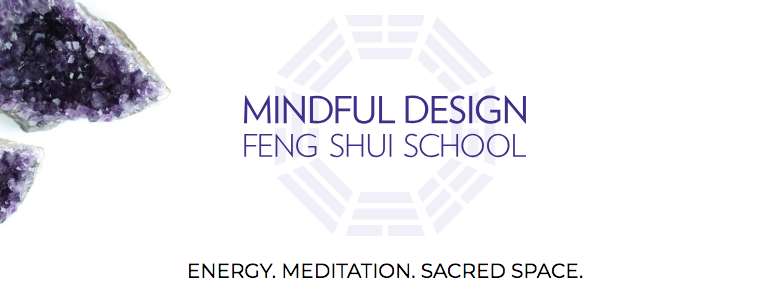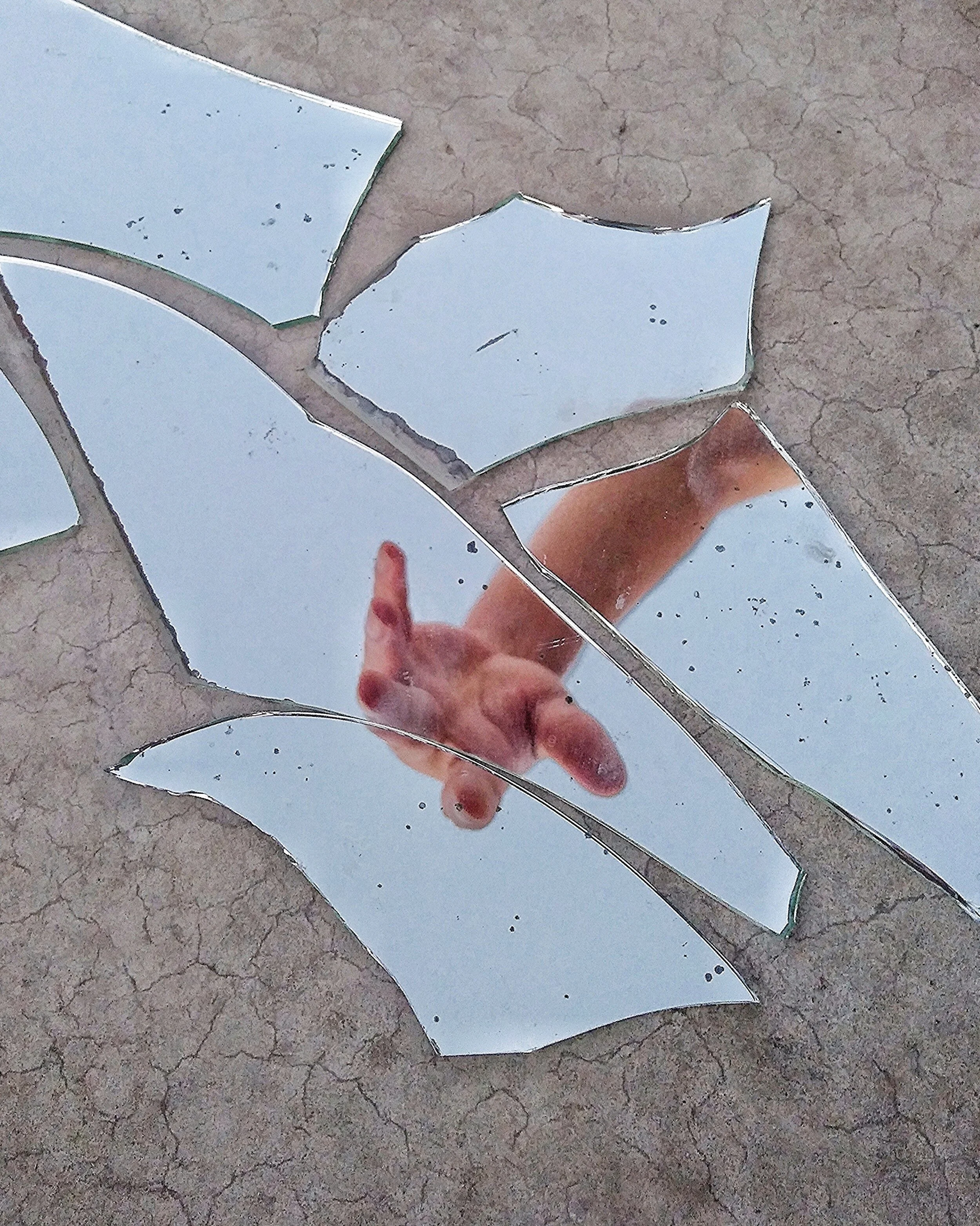Photo by Max on Unsplash
Anjie Cho was featured on mindbodygreen
Who couldn't use a little more luck? While there's certainly an argument for "making your own," lucky symbols and numbers have been used across the globe for generations to help people invite more abundance and prosperity into their lives.
Here are 15 lucky symbols and numbers that have withstood the test of time and some ideas about how to incorporate them into your day-to-day.
The Chinese Zodiac Animals
Culture of origin: China
Meaning: Architect and feng shui expert Anjie Cho explains that the 12 Chinese zodiac animals grouped together are a popular good luck symbol throughout Asian culture because "they represent a variety of different personality types that could be in your family or in your life, so when you have them all together, it represents harmony between all different types of people and balance."
.…read full article
If you’d like to learn more about feng shui, check out Mindful Design Feng Shui School at: www.mindfuldesignschool.com






